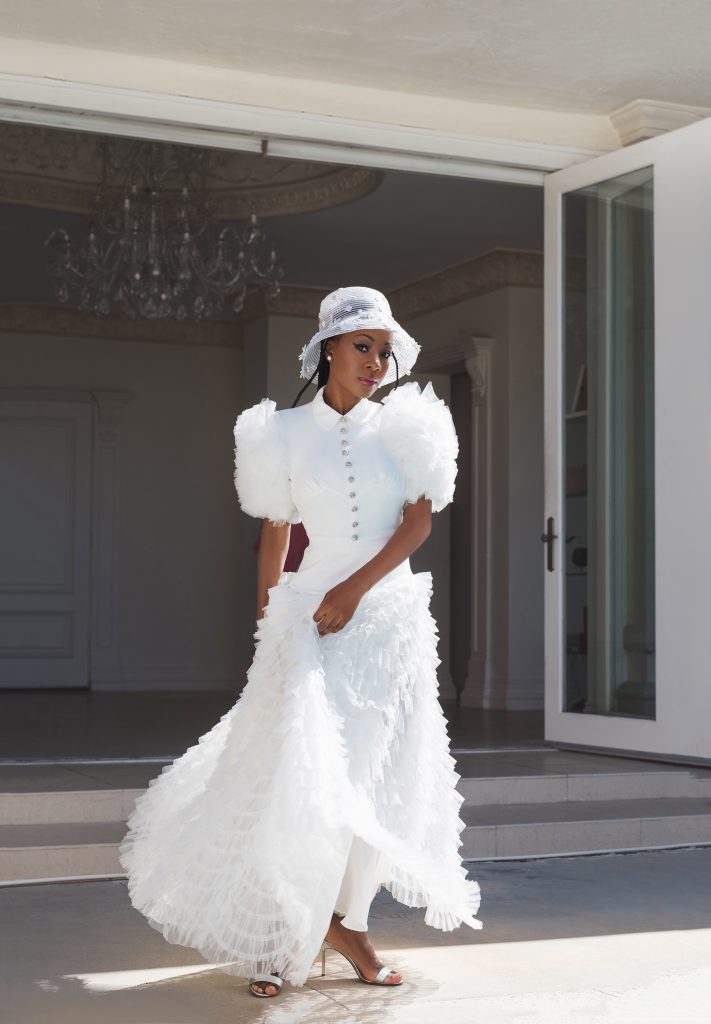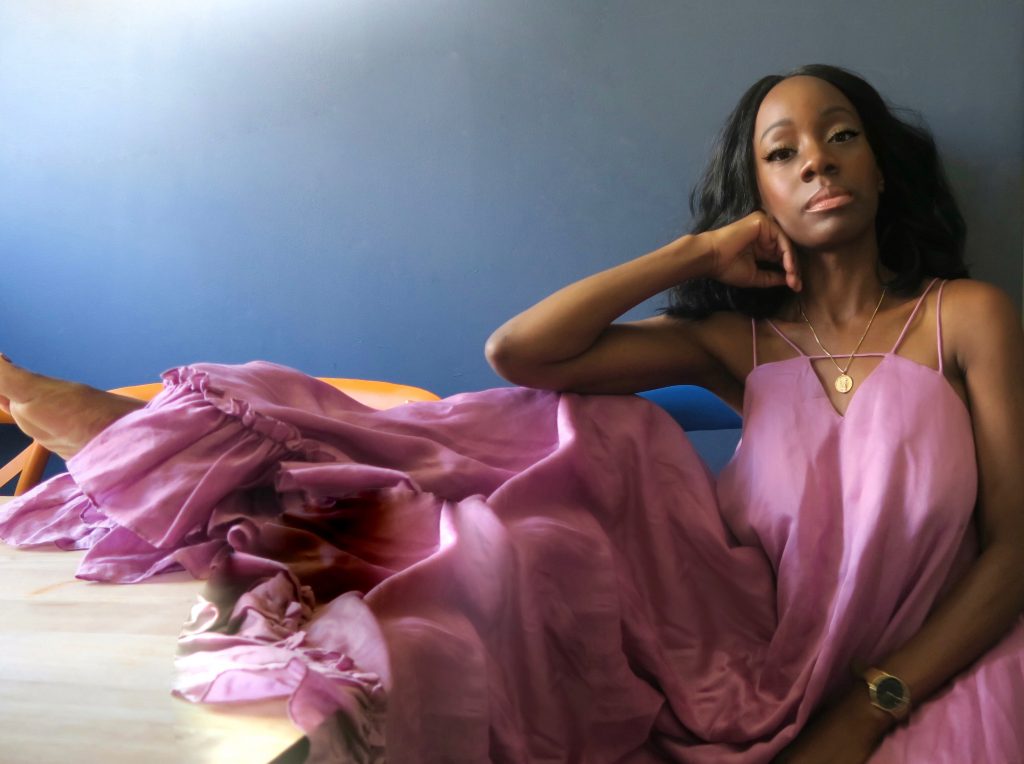In 2009 the Nigerian writer Chimamanda Ngozi Adichie gave a fabulous TED talk called “The Danger of a Single Story,” – a moving piece about what happens when complex human beings and situations are reduced to a single narrative: when Africans, for example, are treated solely as pitiable poor, starving victims with flies on their faces. Her point was that each individual life contains a heterogeneous compilation of stories. If you reduce people to one, you’re taking away their humanity. She ended her talk by saying this, “That when we reject the single story, when we realize that there is never a single story about any place, we regain a kind of paradise.” Personally, I feel the exact same way about sustainable fashion and why it needs to be representative. The eco-warriors of our generation (a title I identify with) do not all look the same or share the same story, but I do believe that the compilation and acknowledgement of our varied efforts, backgrounds and stories can make a difference.
This morning I was sent a link to this fantastic and passionate interview entitled why ‘Why Sustainable Fashion Needs More Color‘. It’s such a great read. I do agree that POC aren’t well represented in the sustainable fashion sector. When I attend key eco-fashion events there are not typically many of ‘us’ in the room, and when we are, we don’t make the mainstream media-facing cut. I am not exaggerating when I say that all-white panels are depressingly the norm at sustainability conferences, even when the impact of the fashion industry is largely felt by communities of colour – specifically when it comes to manufacturing. That was one of the reasons (not the only or most important one) why being part of the Copenhagen Fashion Summit was such an exciting moment for me – I welcomed the fact that my voice, perspective and contributions were being given a platform – as they should be – with others just as passionate about the space as I have been for the past 8 years. There wasn’t any fanfare about what a person of colour being part of the conversation ‘meant’ and I wasn’t asked to speak for all POC either (thankfully). I was just an expert, like my esteemed panel, being asked for my opinion and to interview my prestigious guests on theirs. I want both, the celebration of our efforts just like those of our non-POC counterparts are celebrated and written about in the media, but I also look forward to representation becoming the norm. Is that too much of an ask?
Panel discussion: The power of creatives from Copenhagen Fashion Summit on Vimeo.
I have followed MelaninASS for some time and say hats off to Dominique Drakeford who has been long since committed to giving POC that voice and a space to shine with MelaninASS. With Red Carpet Green Dress we have always tried to be representative with the talent we choose to represent our ethical fashion campaign at the Oscars (Priyanka Bose, Lakeith Stanfield, Naomie Harris, Laura Harrier were all chosen for their talent and happened to be representative) because, well, why shouldn’t the talent reflect the multicultural world we live in? It would be nuts for it not to.
When it comes to manufacturing even, it is fair to say that a large percentage of the fashion industry is built on the toil of black and brown women in the world, mainly across the continents of Asia, South America and Africa. In 1970, among the biggest garment exporters to the USA for example were Japan, United Kingdom, Canada, Italy and France yet by 2011, the USA was receiving most imports from countries like China, Cambodia, Pakistan, Mexico and Bangladesh. The saying is, ‘If China is the factory of the world, Bangladesh is the tailor’ as apparel makes up more than 80% of Bangladesh’s total exports – with the value of those exports having doubled in the past eight years. In Bangladesh, with 80% of garment workers being women, it’s easy to see why hearing from these many black and brown voices in mainstream spaces and conversations is so necessary and important. How can we talk about how to fix a problem when we don’t speak to the people in the thick of it? They are literally the hands on the garments, sitting on our skin.
I absolutely love that in the article on MelaninASS name checks some of the designers, bloggers and influencers of colour doing great work – in the design world that includes Aliya Wanek, Kanelle, Two Fold, Chelsea Bravo, Printed Pattern People, Bhoomki, Remuse, Chan & Krys, Studio 189, Proclaim and Iyla. I recently wore the incredible Indian womenswear brand Kanelle and it’s one of my favourite brands in the world. Look how gorgeous their pieces are!
Be sure to read the article and share your thoughts below on or my Instagram post here. Thank you!

